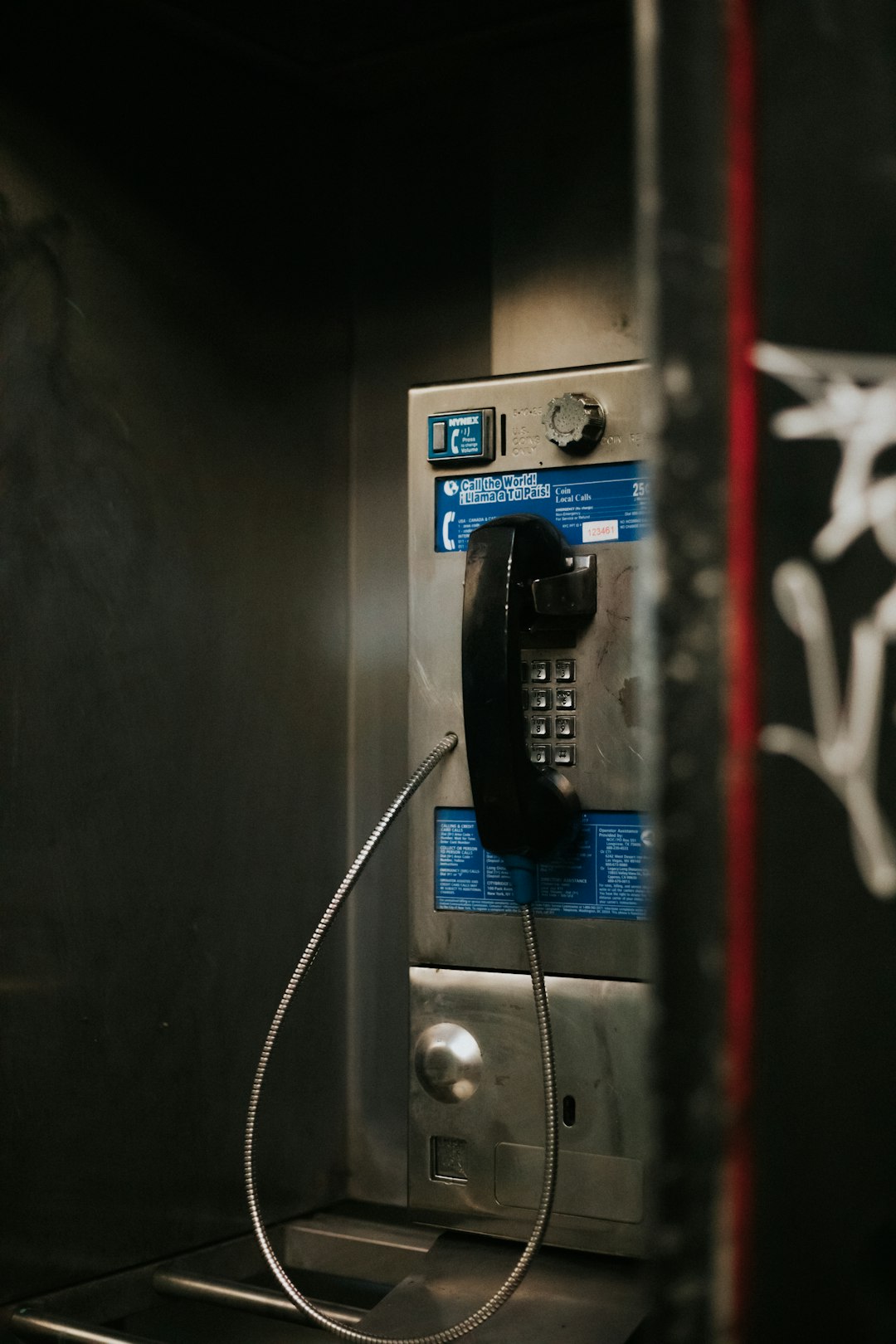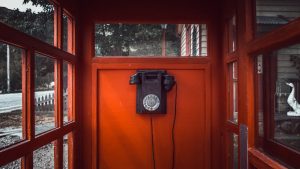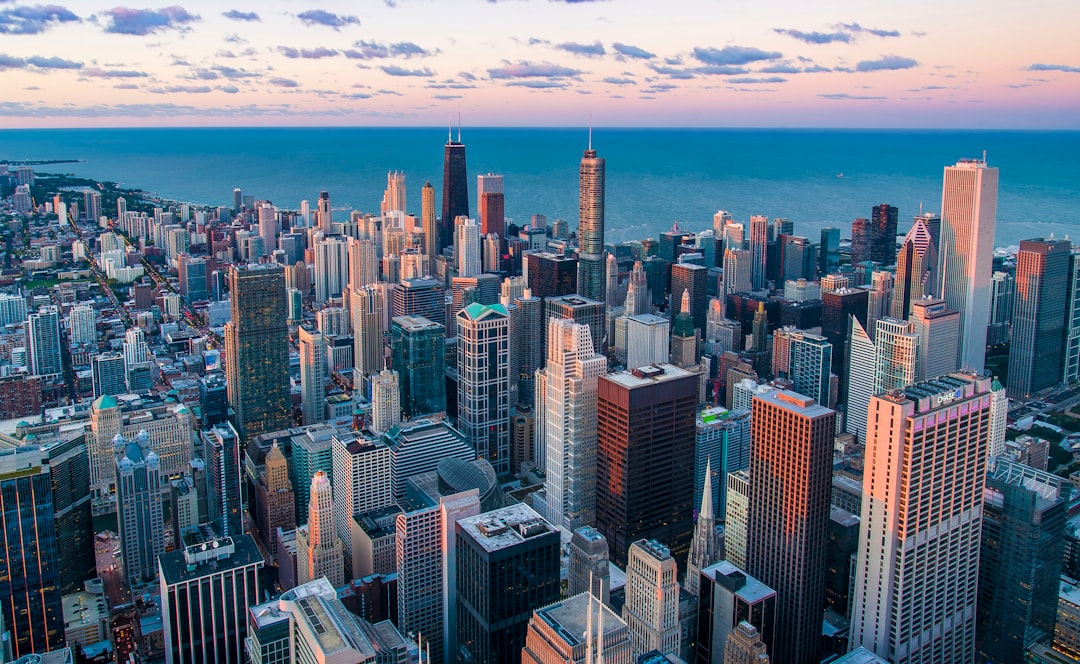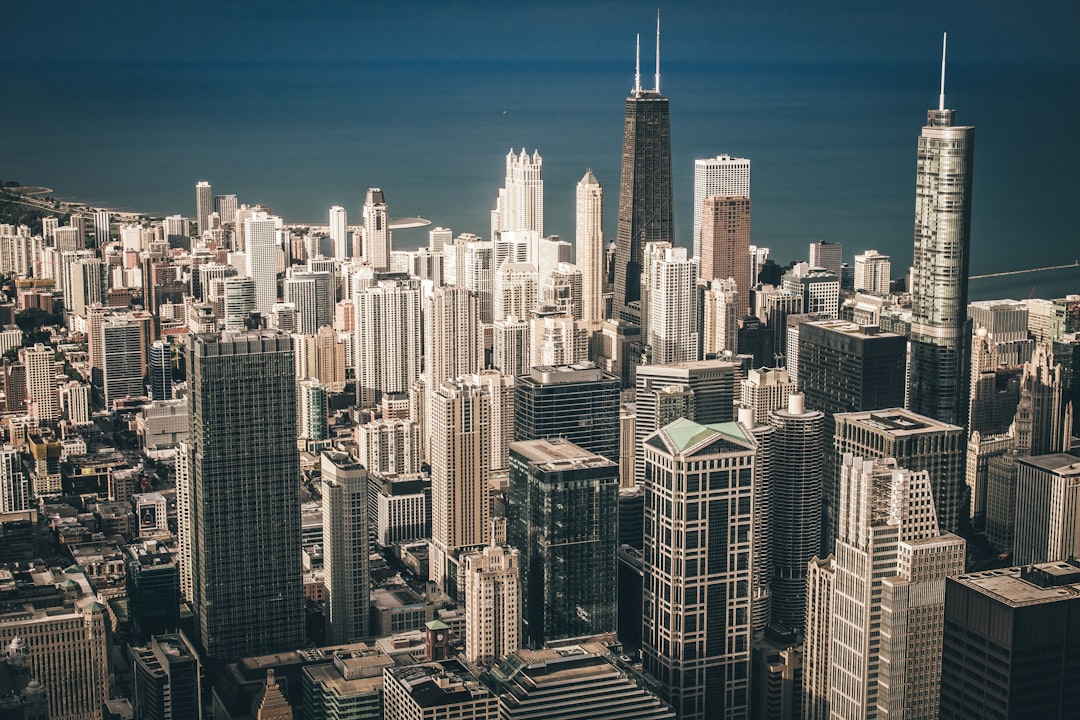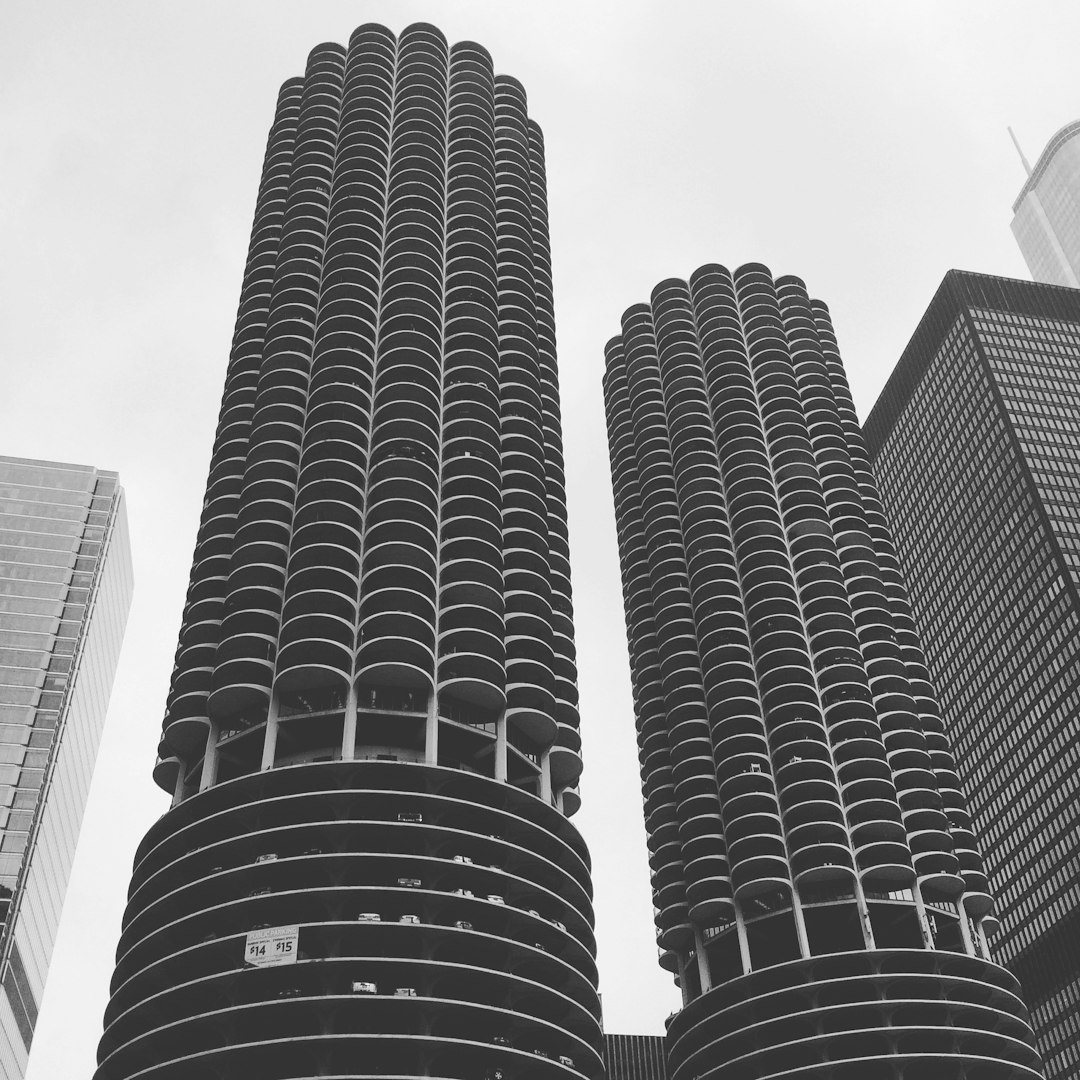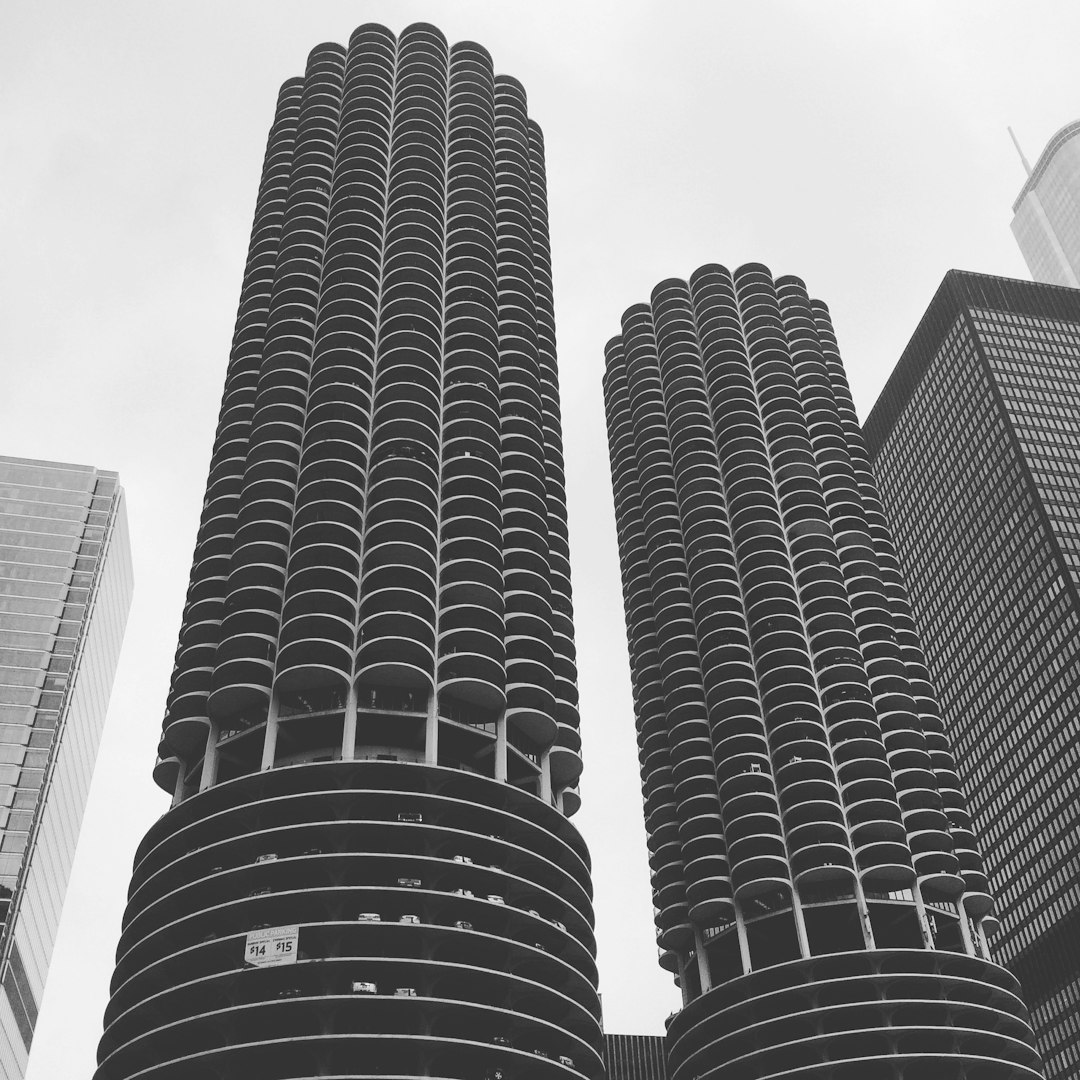Unwanted telemarketing calls are a common problem in Chicago, impacting residents' lives and productivity. Specialized lawyers combat this issue by offering guidance on TCPA compliance, using data analytics to trace and block calls. They uncover trends, advocate for better laws, and educate consumers. In urban areas like Chicago, data-driven solutions are key; phone companies and individuals can identify call patterns, sources, and peak times. Strict laws like the TCPA protect consumers; consulting a lawyer for unwanted call Chicago clarifies rights and offers solutions, including legal action against violators.
Unwanted calls are a pervasive problem in Chicago, impacting residents’ quality of life. This article explores how data can be harnessed as a powerful tool to combat this nuisance. By understanding the patterns and trends of unwanted calls, we can implement effective data-driven solutions for call management. We’ll delve into legal considerations and protections, emphasizing the importance of seeking legal counsel from a specialist lawyer for unwanted call Chicago to ensure compliance and mitigate harm.
Understanding Unwanted Calls and Their Impact in Chicago

Unwanted calls, or telemarketing calls, have become a ubiquitous yet disturbing aspect of modern life, particularly in densely populated cities like Chicago. These unsolicited phone calls often serve as a nuisance but can also have significant impacts on individuals and businesses. For many Chicago residents, unwanted calls disrupt their daily routines, leading to stress and reduced productivity. Students, professionals, and retirees alike are affected by these intrusive phone messages, which can range from promotional offers to scam attempts.
In Chicago, where a diverse legal landscape requires tailored solutions, seeking relief from unwanted calls has become more accessible. A lawyer specializing in this area can provide guidance on understanding and navigating the relevant laws, such as the Telephone Consumer Protection Act (TCPA), which restricts certain types of automated or prerecorded telemarketing calls. By employing data-driven strategies, legal experts can help individuals and businesses block and trace these calls, ensuring a quieter, more peaceful environment for Chicagoans.
The Role of Data in Identifying Patterns and Trends

In the battle against unwanted calls, data plays a pivotal role in identifying patterns and trends that can help lawyers in Chicago better understand and combat this persistent issue. By analyzing call records, demographics, and consumer behavior, legal professionals can uncover insights into the sources and methods of these intrusive calls. This allows them to tailor strategies specifically aimed at blocking and preventing future nuisances.
For instance, data might reveal peak times when such calls are most prevalent, geographic areas with higher concentrations of unwanted callers, or even specific techniques used to evade existing protections. Armed with this knowledge, a lawyer for unwanted call Chicago can advocate for more effective legislation, educate consumers, and develop innovative legal strategies to disrupt and deter these practices, ensuring a quieter, more peaceful environment for residents.
Implementing Data-Driven Solutions for Call Management

In the battle against unwanted calls, particularly in urban areas like Chicago, data-driven solutions offer a strategic advantage. By harnessing the power of information, phone companies and individuals can effectively manage and mitigate nuisance calls. One of the primary steps is to collect and analyze call data, including caller identification, call patterns, and frequency. This data can reveal trends and sources of unwanted calls, whether they originate from automated bots or legitimate businesses using aggressive marketing tactics.
For instance, a lawyer specializing in unwanted calls in Chicago can utilize this data to identify areas with high volumes of such calls, enabling them to advocate for stricter regulations targeting specific call centers. Additionally, advanced analytics can help develop predictive models that forecast when and how these calls might surge, allowing proactive measures to be taken. This data-centric approach not only empowers individuals but also fosters a more robust regulatory framework against unwanted call campaigns.
Legal Considerations and Protections Against Unwanted Calls

In Chicago, as in many places across the country, there are stringent laws in place to protect consumers from unwanted phone calls, also known as telemarketing or robocalls. These legal protections offer a robust framework for individuals who have had their peace disturbed by persistent or unwanted contact. The Telephone Consumer Protection Act (TCPA) is a key piece of legislation that restricts certain practices related to automated telephone equipment and requires prior consent before placing marketing calls to consumers.
If you’re facing an overwhelming number of unwanted calls, consulting with a lawyer for unwanted call Chicago can provide clarity on your rights and options. Legal professionals specializing in this area can guide individuals through the complex web of regulations, ensuring compliance and offering effective solutions to stop unwanted phone traffic. They can also assist in taking legal action against violators, seeking damages or blocking future calls from known telemarketers.
